
Estate Planning
Estate planning is the process of making arrangements for the management and distribution of a person's assets after they die or are no longer able to make financial decisions.
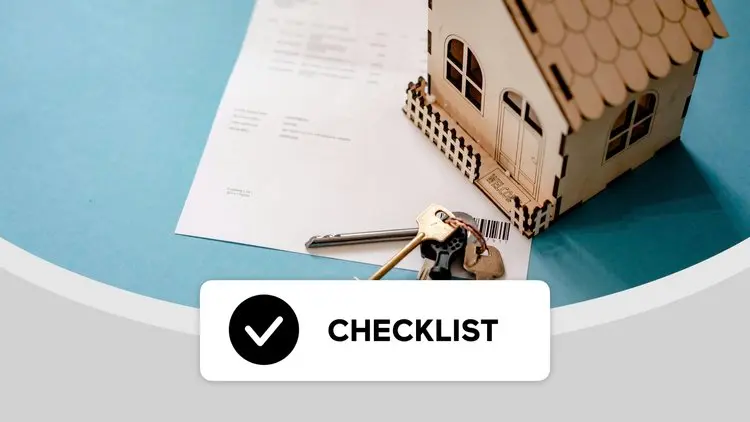
Checklist: Estate Planning
Find a comprehensive checklist, including create an inventory, create a will, plan for the needs of your family, and more.

Estate Planning Fundamentals
Learn the essentials of estate planning to secure your legacy and ensure a smooth transfer of assets.

Estate Planning Fundamentals
Learn the essentials of estate planning to secure your legacy and ensure a smooth transfer of assets.
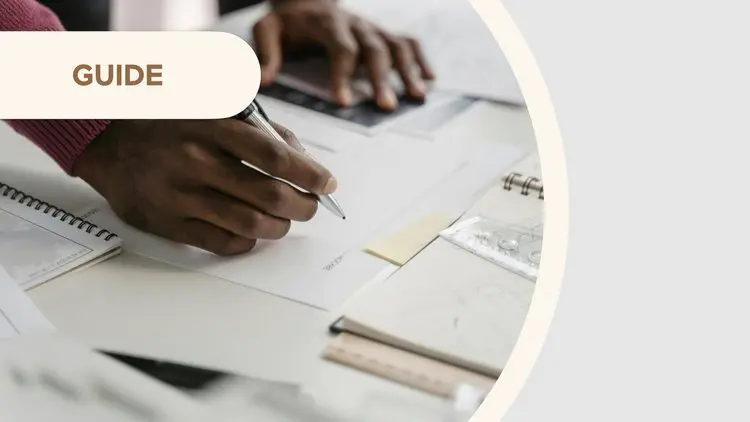
Differences and Similarities Between a Will and an Estate Plan
When planning for the future, it's common to come across both a will and an estate plan.

Beginner’s Guide to Creating a Will
Setting up a will might seem like something that only needs attention as your age progresses, but thinking about it earlier in life can be a helpful move.

A Basic Guide to Setting Up a Trust
A trust offers ways to manage and protect assets during life and after death.
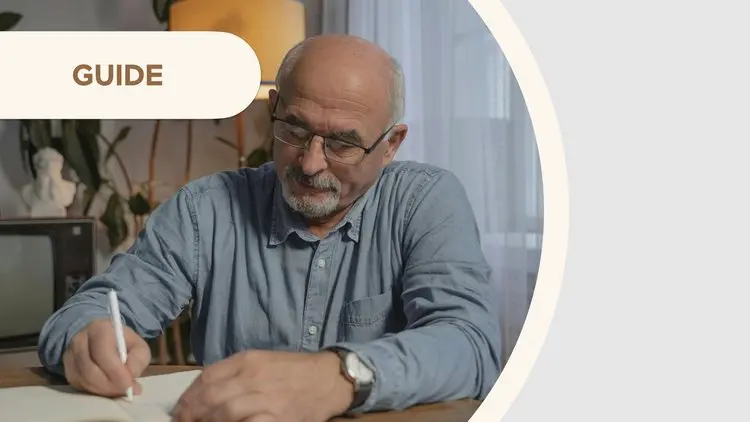
Tips for Leaving Your House to Your Loved One
Leaving a house to a loved one is a significant part of estate planning and can be a meaningful way to provide security for your heirs.
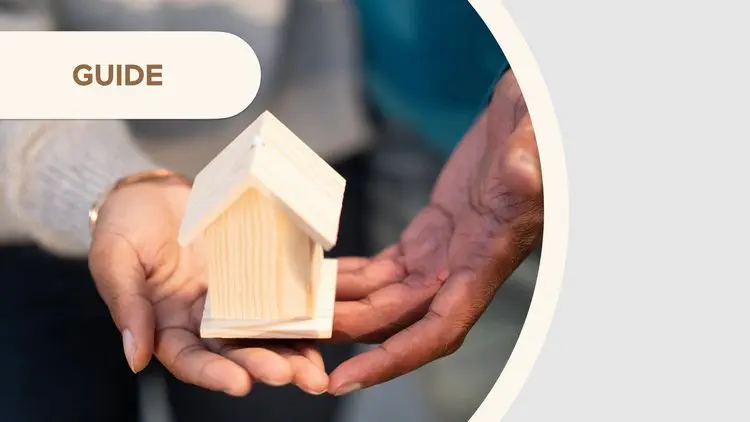
Keeping Your Estate Plan Up to Date and Avoiding Missteps
An estate plan should reflect your current circumstances and priorities.
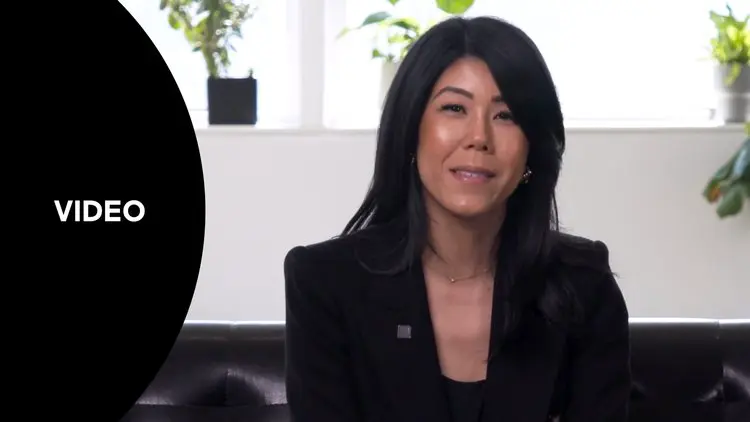
Estate Planning for Blended Families

Considerations for Discussing Your Estate Plans
Discussing your estate plans with loved ones can be a sensitive subject.

Managing Reactions During Estate Planning Discussions
Estate planning discussions may bring up a range of emotions for those involved.

Choosing and Preparing Your Estate Executor
An estate executor plays a vital role in carrying out the wishes laid out in your will after you're gone.

Potential Costs & Considerations for End-of-Life Planning
A trust offers ways to manage and protect assets during life and after death.
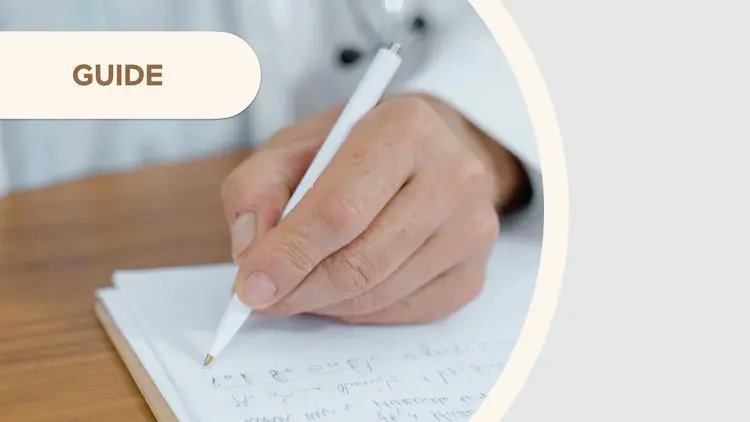
The Importance of Power of Attorney (POA)
A Power of Attorney (POA) is a crucial legal tool that allows you to designate someone to make decisions on your behalf if you become unable to do so.
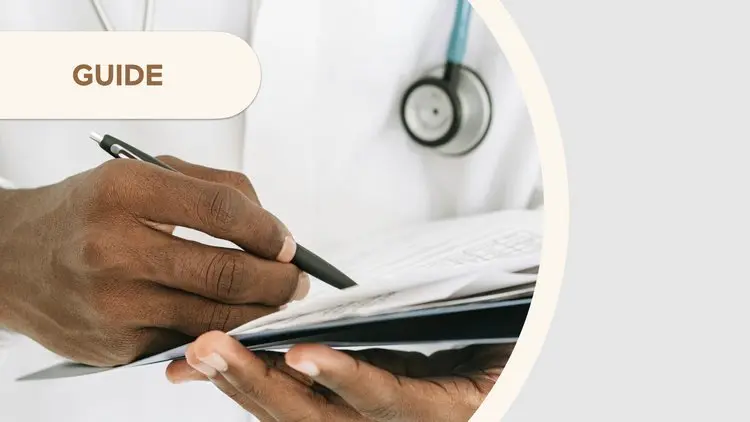
What to Consider When Choosing Your Power of Attorney
Selecting a Power of Attorney (POA) is an important decision in planning your estate.

Understanding Medical Power of Attorney (MPOA)
A Medical Power of Attorney (MPOA) is a vital legal document that allows you to appoint someone to make healthcare decisions on your behalf if you are unable to do so yourself.

What to Consider When Choosing Your Medical Power of Attorney
Selecting a Medical Power of Attorney (MPOA) is one of the most important steps you can take to ensure that your healthcare decisions are made according to your wishes, especially if you're unable to make them yourself.
